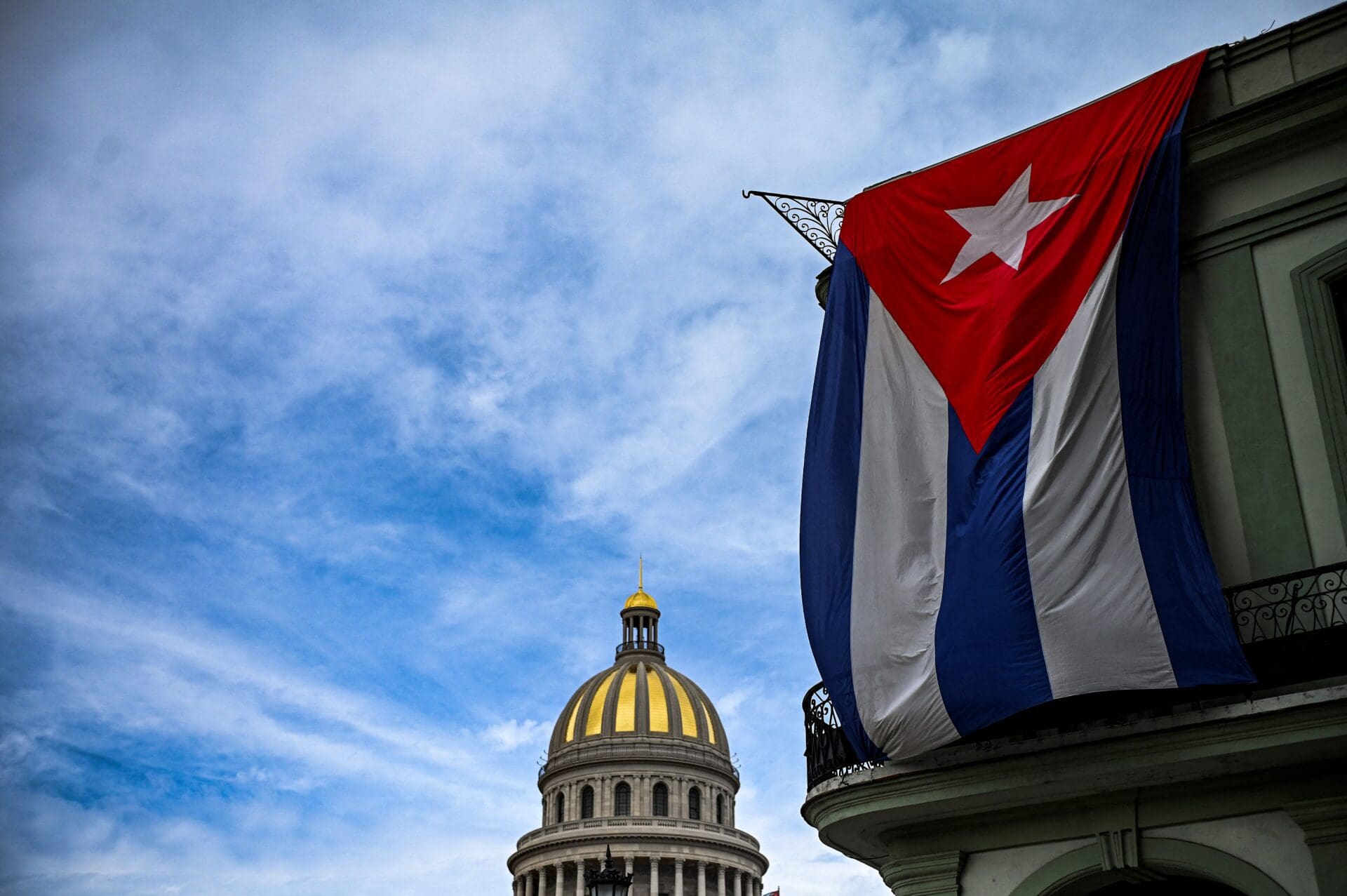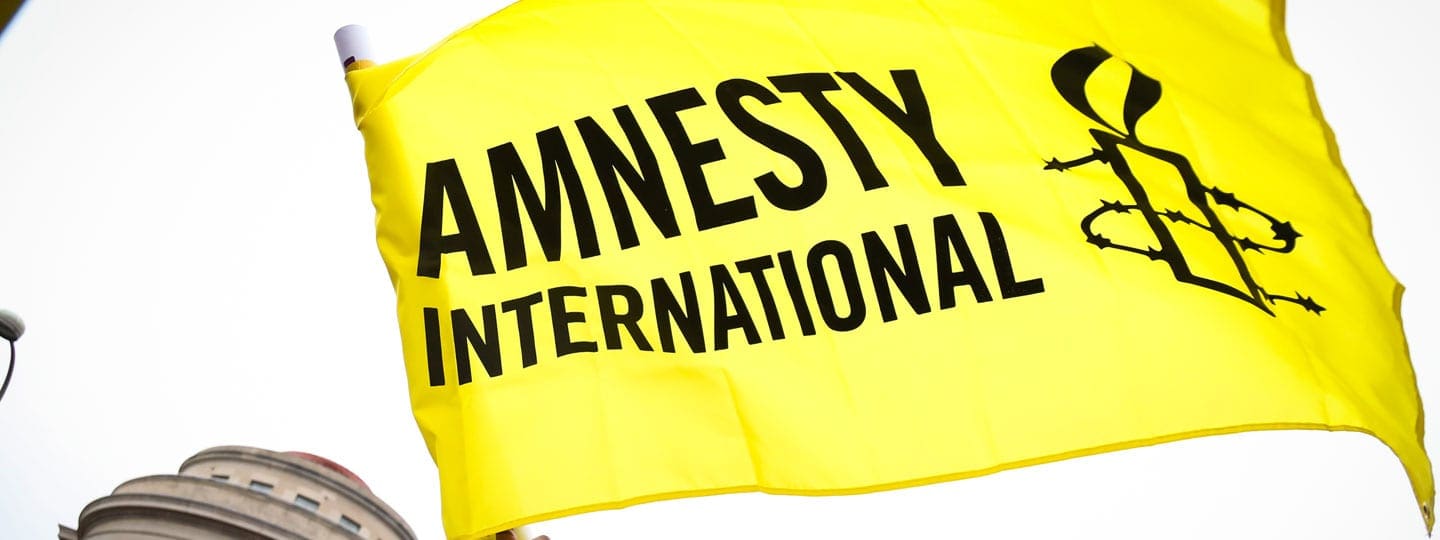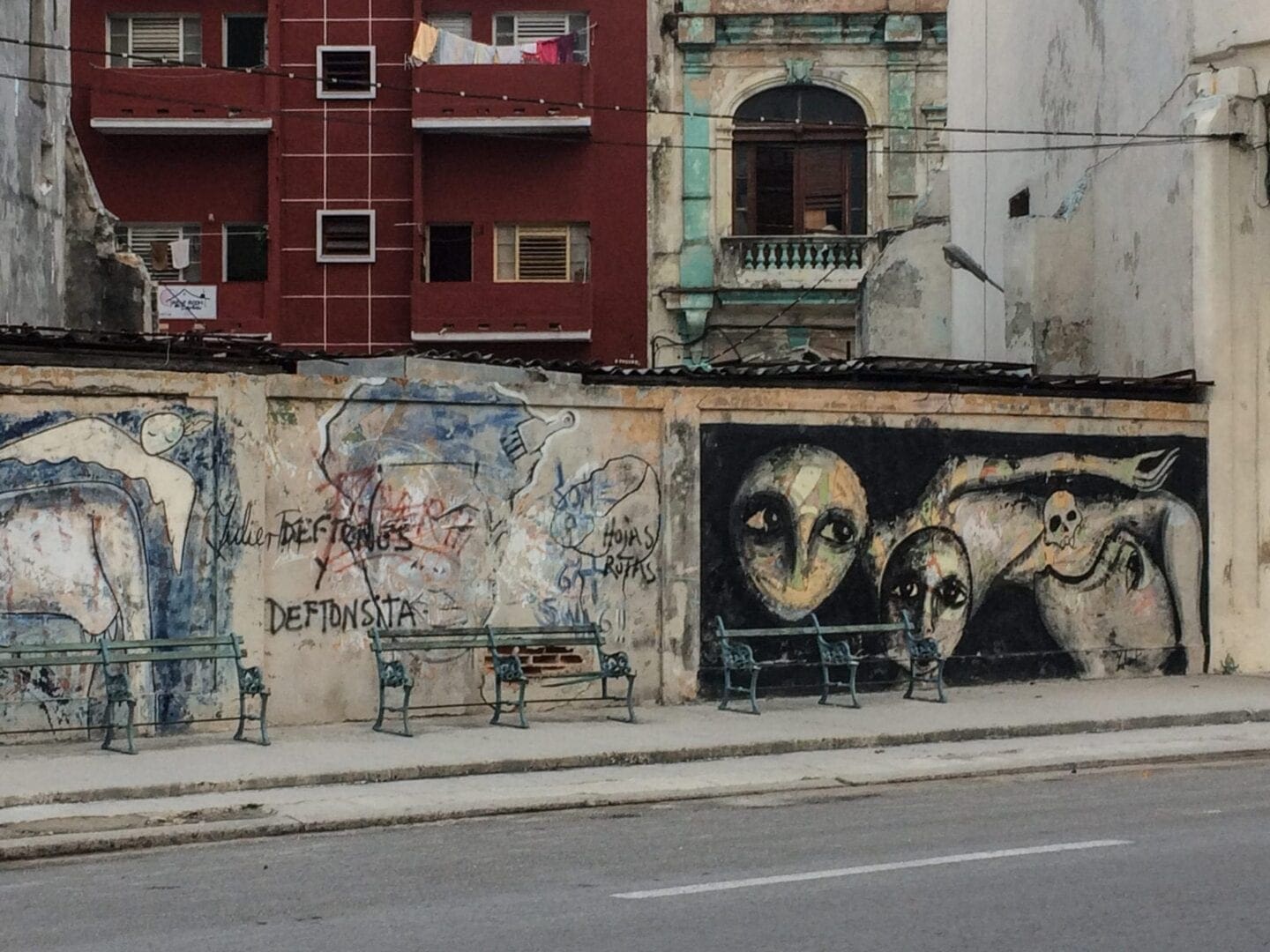The following information is based on the Amnesty International Report 2022/23. This report documented the human rights situation in 149 countries in 2022, as well as providing global and regional analysis. It presents Amnesty International’s concerns and calls for action to governments and others.
Overview
Food shortages and electricity outages were frequent throughout the year. Hundreds of people remained in prison following a crackdown on protesters in July 2021. In the wake of Hurricane Ian, authorities deployed military cadets to repress widespread protests over electricity outages and interrupted the internet. Three prisoners of conscience remained in prison, representing only a tiny fraction of the total number of people feared detained for the peaceful exercise of their human rights.
Background
In September, following a referendum, Cuba approved a new Family Code which legalizes same-sex marriage and, among other things, allows same-sex couples to adopt. According to US official statistics, between October 2021 and September 2022 more than 224,000 Cubans made their way to the USA, a significant increase compared with the same period in 2020-2021, when just over 39,000 Cubans arrived in the USA. Many made dangerous journeys through the Darien Gap, a jungle that connects Panama and Colombia, while others risked travelling by boat.
Key issues
Throughout the year, food shortages forced people to queue for hours for basic goods, and parts of the island were frequently left without electricity. The authorities placed the blame for the economic situation almost entirely on the US economic embargo, ignoring their obligation to fulfil economic, social and cultural rights.
By the end of the year, hundreds of people remained in detention following a crackdown on protesters in July 2021,1 according to the NGO Cubalex. In March, Amnesty International called for access to the country to monitor the trials of those detained, but the authorities failed to grant access to any international observers. That same month, in an unusual move in a context where defence lawyers are tightly controlled by the state and access to court documents is rare, Cuban authorities made public at least six judgments relating to approximately 129 people, including some teenagers, who had been charged with more severe offences for participating in the July 2021 protests. They were mainly accused of throwing rocks or bottles at law enforcement officials. Some were given 30-year prison sentences. In September and October, in the wake of Hurricane Ian, people protested across the island following widespread power outages. According to reports received, the authorities responded by deploying military cadets to repress the protests and there were reports of arbitrary detentions. The authorities also appeared to have intentionally shut down internet access, an increasingly common tactic to limit communication in Cuba in moments of political sensitivity. The internet interruptions lasted at least two consecutive nights, which made it hard for families to communicate following the storm.
Journalists at 14 y medio, an independent online newspaper, also had no internet, impacting their ability to report. On 2 October, President Díaz-Canel downplayed the widespread nature of the protests and suggested that a minority of “counter-revolutionaries” with connections outside Cuba had carried out “acts of vandalism such as blocking roads or throwing rocks.” He said they would be dealt with using the “force of the law”. In December, a new Penal Code came into force, which risked entrenching long-standing limitations on freedom of expression and assembly and is a chilling prospect for independent journalists, activists and anyone critical of the authorities.
Women human rights activists were central to resisting repression of dissent. Mothers of people, including young people, detained in the context of the July 2021 protests were vocal in advocating for their release. Lawmakers failed to include femicide as a crime in the new Penal Code, despite proposals from women advocates.
At the end of the year, prisoners of conscience Luis Manuel Otero Alcántara, Maykel Castillo Pérez and José Daniel Ferrer García – all of whom were detained in the context of the crackdown on dissent in July 2021 – remained in prison. In June, the Popular Municipal Court of Central Havana sentenced artist Luis Manuel Otero Alcántara and musician Maykel Castillo Pérez to five and nine years in prison, respectively, for a range of charges historically used to silence dissent including “public disorder”, “contempt” and “insulting national symbols”. Months previously, in January, the UN Working Group on Arbitrary Detention had concluded that Castillo Pérez – one of the writers of the song “Motherland and Life” (“Patria y Vida”), which is critical of the government and was adopted as a popular protest anthem – had been arbitrarily detained and called on the Cuban government to release him immediately. In July, the family of José Daniel Ferrer García, leader of the unofficial political opposition group the Patriotic Union of Cuba, reported that he was being held incommunicado, putting him at risk of torture and other ill-treatment.6 In October, his family reported that he was being held in solitary confinement, segregated from other prisoners and with very limited access to the outside world.
Learn more
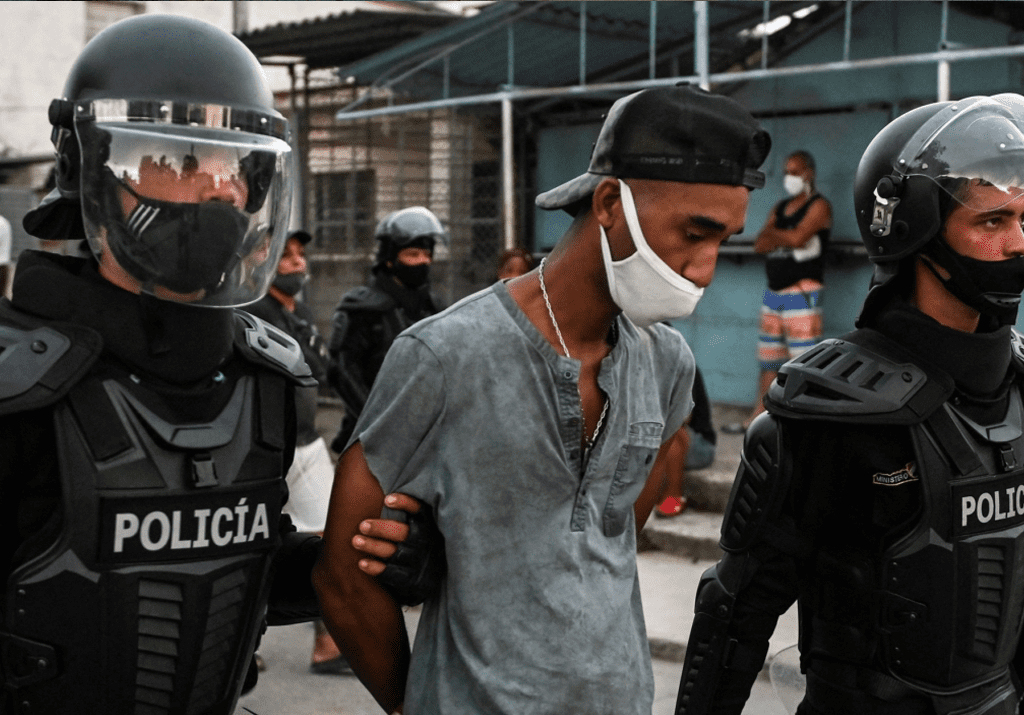

11 July
Five things you should know a year on from Cuba’s 11 July protests
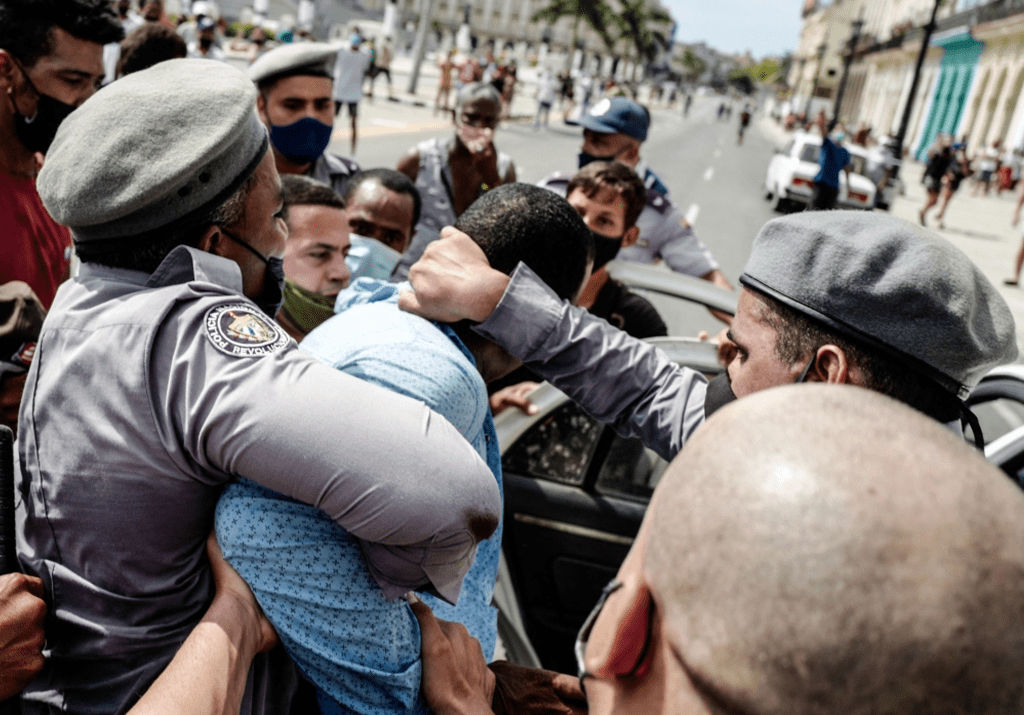

24 March
Cuba: Amnesty International calls for access to country to monitor trials of 11J protesters
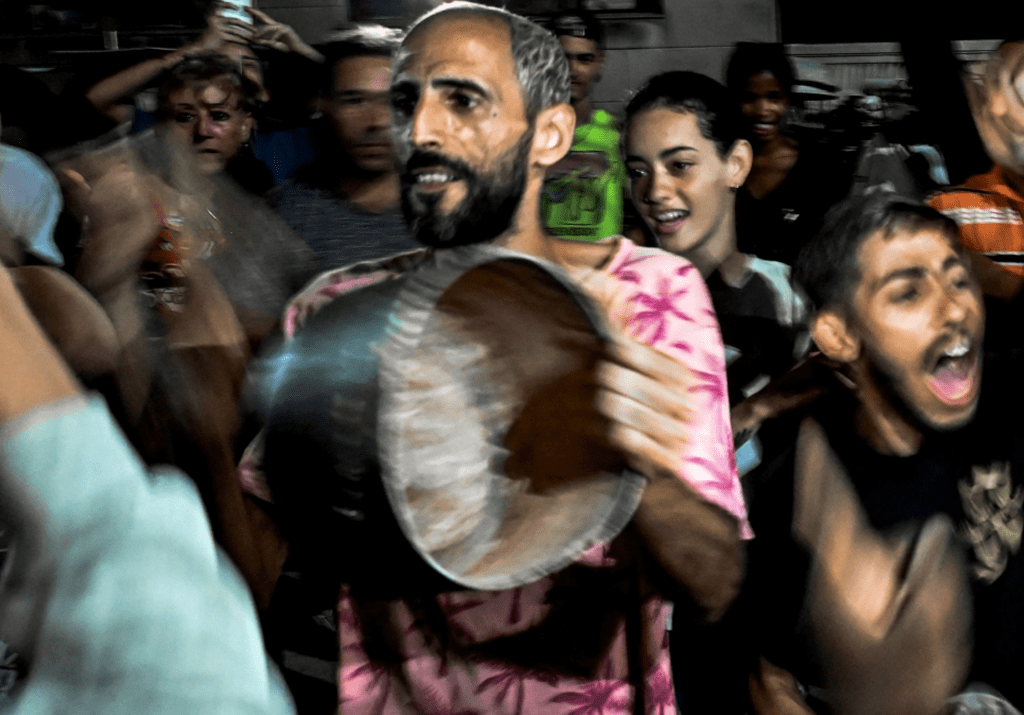

5 October
Cuba: Tactics of repression must not be repeated


2 December
Cuba: New criminal code is a chilling prospect for 2023 and beyond
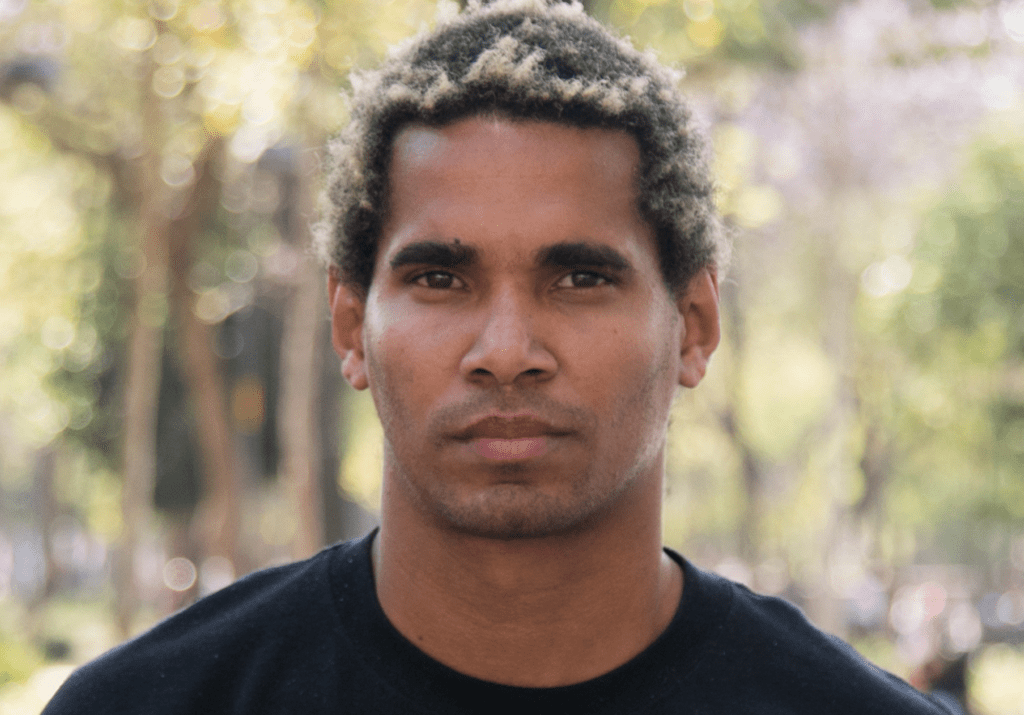

24 June
Cuba: Amnesty International condemns sentences of Luis Manuel Otero Alcántara and Maykel ‘Osorbo’ Castillo



12 July
Cuba: Political leader held incommunicado



19 October
Cuba: Prisoner of conscience at risk


